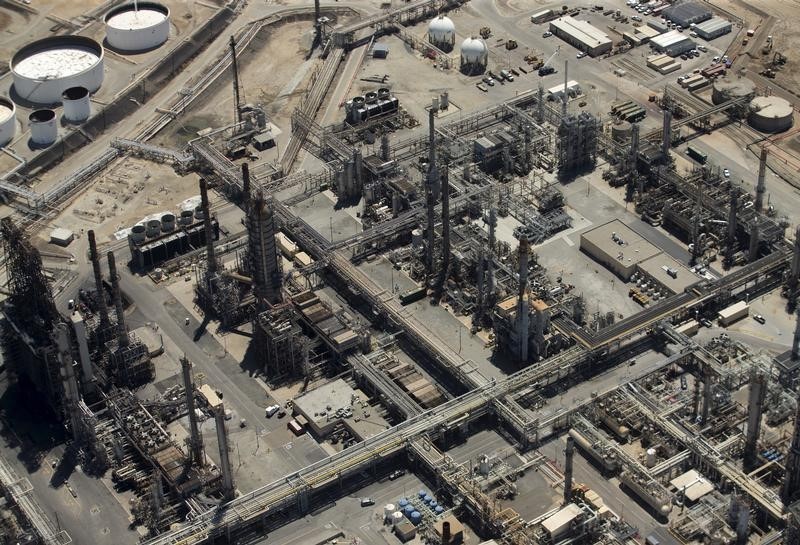Microvast Holdings announces departure of chief financial officer
* Nigeria is Africa's top oil exporter
* Economy expected to contract by 3.4%
* Oil revenues to fall by over 80%, says govt official
(Adds details)
By Libby George and Alexis Akwagyiram
LAGOS, May 5 (Reuters) - Nigeria's economy is projected to
contract by 3.4%, government officials said on Tuesday, as
dwindling oil revenues and the new coronavirus forced the
country to cut budget plans for a second time to assume a lower
petroleum price of $20 per barrel.
The West African country, which emerged from a recession in
2017, was already contending with low growth of around 2% before
oil prices plummeted. Africa's top oil exporter relies on crude
oil sales for around 90% of foreign exchange earnings and more
than half of government revenue.
With global oil prices plunging, Finance Minister Zainab
Ahmed said in March that this year's record 10.59 trillion naira
($29.42 billion) budget would be cut by about 15%.
At the time, she said the initial assumed oil price of $57
per barrel would be reduced to a worst case scenario of $30 per
barrel.
But on Tuesday, she said that benchmark would again have to
be revised down.
"We are in the process of an amendment that is bringing down
the revenue indicator to $20 per barrel," Ahmed said in a web
conference about the impact of low oil prices on the country.
Budget revisions need to be approved by lawmakers before
being signed into law by the president.
Ahmed also said Nigerian oil and gas projects will be
"delivered much later than originally planned" due to upstream
budget cuts.
Nigeria's economy has been battered by low oil prices
following a dispute between Russia and Saudi Arabia.
It also plans to cut oil production to 1.7 million barrels
per day (mbpd), from the 2.1 mbpd initially proposed in the
budget, under an agreement brokered by the Organization of the
Petroleum Exporting Countries (OPEC).
Ben Akabueze, budget office director general, said oil
revenues were expected to fall by more than 80%. He said the
government had revised its projections and expected the economy
to contract by 3.4% this year compared with its previous
expectation that it would grow by 2.9%.
Nigeria would speed up marginal field licensing and oil
mining licence renewals to try to raise revenues, Akabueze said.
The government officials on the call discussed the issue of
Nigeria's debt servicing costs, a week after the country shelved
plans to borrow 850 billion naira ($2.36 billion) from
international markets and instead tap domestic markets to
finance the budget. The finance minister said Nigeria is in talks to defer debt
service obligations to "2021 and beyond".
"It's not debt forgiveness, it's just rescheduling of our
obligations," said Ahmed, with regards to talks with lenders.
She did not provide details of the lenders with whom talks
were held. Ahmed said Nigeria was spending around 58% to 60% of
revenues to service debt, which was responsible for the request.
And the budget office director general said debt servicing
costs were expected to rise by 200 billion naira in 2020.
The impact of low oil prices has been compounded by
shockwaves caused by the new coronavirus pandemic.
Africa's most populous country recorded its first confirmed
coronavirus case in late February. There have been 2,802
recorded cases and 93 deaths out of 200 million inhabitants.
Lockdown restrictions were eased on Monday in Lagos, the
country's economic hub, and the capital, Abuja. It marked the
reopening of the economy after more than four weeks of lockdowns
- despite the number of confirmed cases having roughly doubled
in the last week. = 360.0000 naira)
